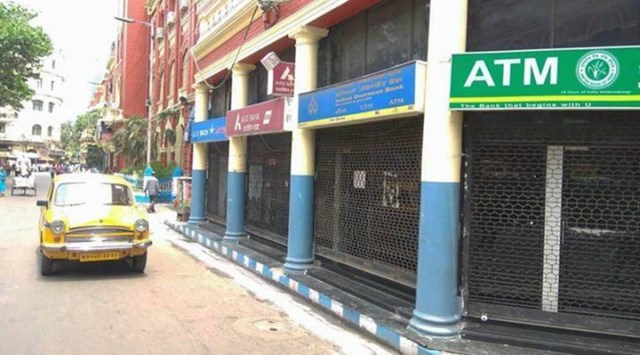SC: Banks can invoke personal guarantee
The judgment assumes significance as it will now provide teeth to lenders to simultaneously invoke personal guarantees of promoters even while bankruptcy proceedings against the ailing firms are pending, thus speeding up the process for recovery of dues.
 Upholding the government’s November 15, 2019, notification allowing banks and financial institutions to move against personal guarantors of firms facing insolvency, a Bench of Justices.
Upholding the government’s November 15, 2019, notification allowing banks and financial institutions to move against personal guarantors of firms facing insolvency, a Bench of Justices.The Supreme Court on Friday upheld the government’s move to allow lenders to initiate insolvency proceedings against personal guarantors, usually promoters and top brass of debt-laden companies.
The judgment assumes significance as it will now provide teeth to lenders to simultaneously invoke personal guarantees of promoters even while bankruptcy proceedings against the ailing firms are pending, thus speeding up the process for recovery of dues. Upholding the government’s November 15, 2019, notification allowing banks and financial institutions to move against personal guarantors of firms facing insolvency, a Bench of Justices.
L Nageswara Rao and S Ravindra Bhat held “the impugned notification is legal and valid.
It is also held that approval of a resolution plan relating to a corporate debtor does not operate so as to discharge the liabilities of personal guarantors (to corporate debtors)”. “It is held that approval of a resolution plan does not ipso facto discharge a personal guarantor (of a corporate debtor) of her or his liabilities under the contract of guarantee…the release or discharge of a principal borrower from the debt owed by it to its creditor, by an involuntary process, i.e. by operation of law, or due to liquidation or insolvency proceeding, does not absolve surety/guarantor of his or her liability, which arises out of an independent contract,” the judgment stated.
An involuntary act of the principal debtor leading to loss of security would not absolve a guarantor of its liability, it said, adding there is no compulsion in the Code that it should be made applicable at the same time to all individuals, (including personal guarantors) or not at all. The court dismissed a batch of 75 petitions that raised questions over validity of the 2019 notification, which brought into force provisions of the Part III of the IBC, extending insolvency proceedings to the promoters too. FE
- 01
- 02
- 03
- 04
- 05































